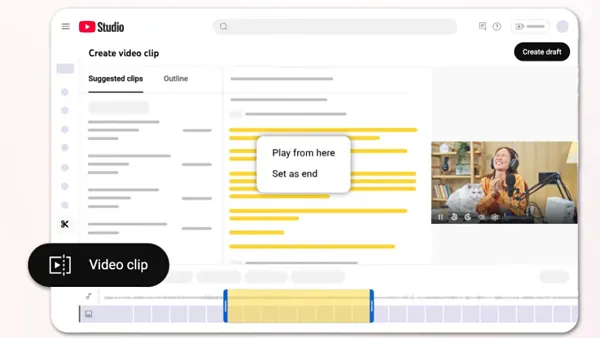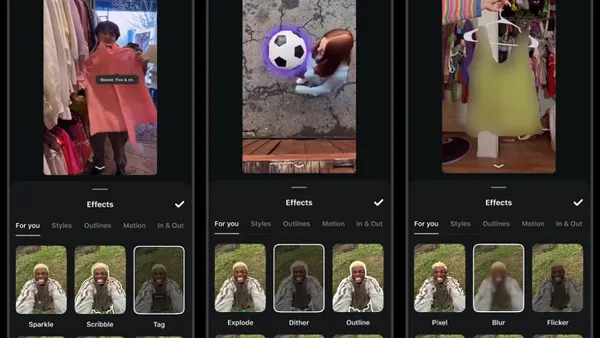"Are you fed up with seeing new gadgets that only use incompatible and restrictive audio and video formats? Did you know that it's not a lack of technological know-how that causes this, but software patents and other legal restrictions?
Increasingly proprietary software companies like Microsoft, Apple and Adobe are pushing video and audio formats that restrict access and restrict software developers, but there is an alternative that can be played on all computers without restriction â€" Ogg." - Free Software Foundation, "Play Ogg" Campaign Website.
For the most part, the crew at ArtistOne Analytics runs only open source software. This policy stems from our core belief that if software was created by a joint effort of the people, it must be better. No corporate bureaucracy stands to make a dime of profit from the sale of this software - it was engineered to work, not to sell. The only exception of this policy is the Macintosh OS-X operating system on the computers in our control center. If replaced by linux (which we love dearly), I would lose several key features that we need, so that's just not an option.
With this spirit in mind, the Team at ArtistOne wants to formally acknowledge our support for the Free Software Foundation (FSF) and their "Play Ogg" campaign. Our entire staff echos the sentiments above, but notes that Ogg isn't just an alternative to licensed codecs such as MP3, but rather a superior option for both audio and video encoding. For example: while MP3 garbles the encoded audio output at low bit rates (like those found on many low-budget internet radio stations), Ogg (running with the Vorbis codec) can reproduce perfect stereo, CD-quality sound, at bit rates as low as 64k/sec. In fact, this whole post came to be when I pulled up some of my older MP3's. Encoded at 256k/sec, you'd think they'd sound great. Not so - there is a serious difference between them, and a 128k/sec Ogg-encoded file. You've just got to hear it for yourself. Now, won't you join us, and at least give Ogg a look? It's open. It's superior. It's the future of audio.
Link to original post












